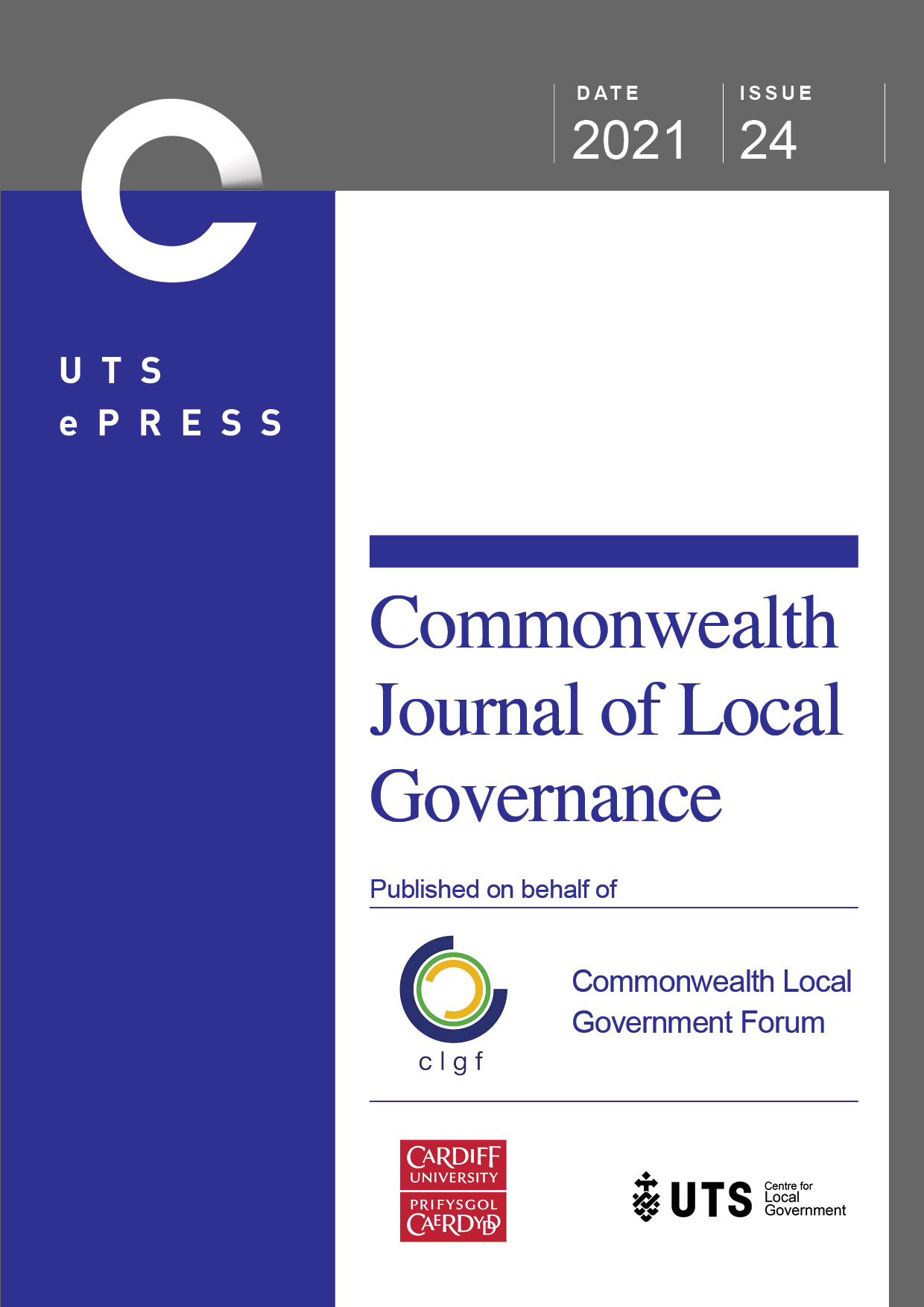Indigenous peoples’ human rights, self-determination and local governance – Part 1
Main Article Content
Abstract
This is the first of two articles exploring the international human rights framework as it relates to Indigenous peoples’ land rights and interests, with a focus on Australia. Over the past 30 years, the international community has increasingly recognised that special attention needs to be paid to the individual and collective rights of Indigenous peoples, as they are among the world’s most marginalised peoples. For a long time, the Indigenous peoples of the world have used the international human rights system to tackle discrimination and abuses of their rights, and the United Nations has increasingly become a place for them to voice their concerns.
In Australia, there has been a long-running debate about the lack of recognition of the First Peoples in Australia’s Constitution. Aboriginal and Torres Strait Islander peoples are increasingly demanding that the full suite of international human rights norms and standards are applicable to their affairs and to dealings with them, including the UN Declaration on the Rights of Indigenous Peoples.
This first article discusses the international human rights framework as it relates to the Indigenous peoples of Australia. The second article will take a closer look at how the land rights and interests of the Aboriginal and Torres Strait Islander peoples are being recognised at the national and state jurisdictional levels within Australia, with reference to recent comparable actions in Canada and New Zealand.
Article Details
Issue
Section
Authors who submit articles to this journal from 31st March 2014 for publication, agree to the following terms:
a) Authors retain copyright and grant the journal right of first publication with the work simultaneously licensed under a Creative Commons Attribution License that allows others to share and adapt the work with an acknowledgement of the work's authorship and initial publication in this journal.
b) Authors are able to enter into separate, additional contractual arrangements for the non-exclusive distribution of the journal's published version of the work (e.g., post it to an institutional repository or publish it in a book), with an acknowledgement of its initial publication in this journal.
c) Authors are permitted and encouraged to post their work online (e.g., in institutional repositories or on their website) prior to and during the submission process, as it can lead to productive exchanges, as well as earlier and greater citation of published work (See The Open Access Citation Advantage Service). Where authors include such a work in an institutional repository or on their website (ie. a copy of a work which has been published in a UTS ePRESS journal, or a pre-print or post-print version of that work), we request that they include a statement that acknowledges the UTS ePRESS publication including the name of the journal, the volume number and a web-link to the journal item.
d) Authors should be aware that the Creative Commons Attribution (CC-BY) License permits readers to share (copy and redistribute the work in any medium or format) and adapt (remix, transform, and build upon the work) for any purpose, even commercially, provided they also give appropriate credit to the work, provide a link to the license, and indicate if changes were made. They may do these things in any reasonable manner, but not in any way that suggests you or your publisher endorses their use.
For Issue 13/14, and all issues before, the following copyright applied:
Authors submitting a paper to UTS ePRESS publications agree to assign a limited license to UTS ePRESS if and when the manuscript is accepted for publication. This license allows UTS ePRESS to publish a manuscript in a given issue. Articles published by UTS ePRESS are protected by copyright which is retained by the authors who assert their moral rights. Authors control translation and reproduction rights to their works published by UTS ePRESS. UTS ePRESS publications are copyright and all rights are reserved worldwide. Downloads of specific portions of them are permitted for personal use only, not for commercial use or resale. Permissions to reprint or use any materials should be directed to UTS ePRESS via the journal's main editor, Alison Brown, journal@clgf.org.uk
